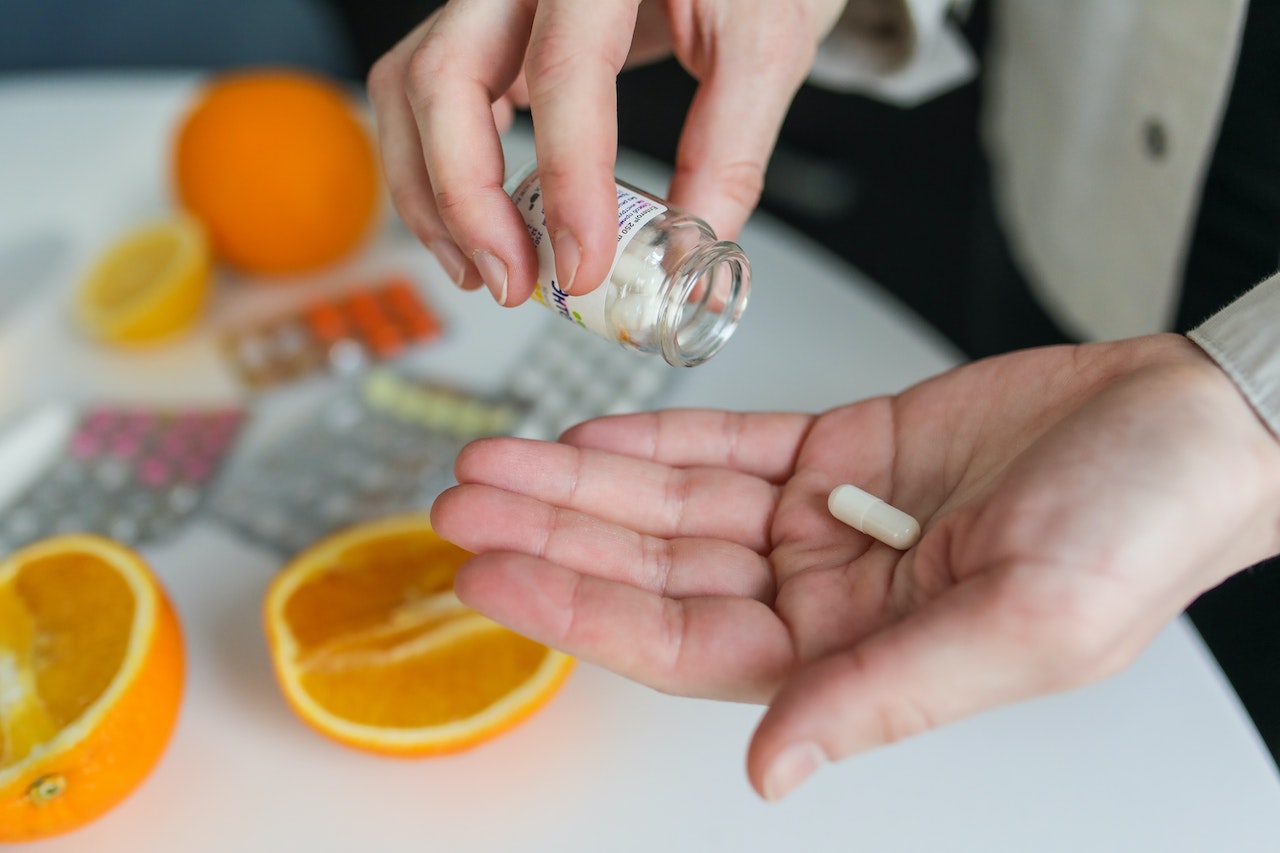Are You Getting the Right Type of Vitamin B-12?
Vitamin B-12.
It’s the super-potent vitamin that 5-hour energy made their billions marketing as a source of energy “without the crash.”
And it’s an absolutely essential vitamin for anyone who would like to experience the best health they possibly can.
Without it, you’ll end up feeling tired, will have a propensity to succumb to stress, are prone to develop infections more often, will likely put on more weight than you’d like, and can feel “off” mentally and physically most of your waking hours.
Yes, vitamin B-12 is that important.
But, what most people are unaware of is there are four different forms of vitamin B-12, and one is inferior to the rest.
For this article, I’ll focus on two forms of vitamin B-12 and then compare the two next to each other so you an see how each affects your current level of health.
The vitamin B-12 most people are familiar with Cyanocobalamin.
That’s pronounced sigh-an-o-co-ball-uh-mean.
This a chemically synthesized vitamin and is not the same vitamin that is found alive and active in nature.
In fact, the prefix cyano, indicates that inside of Cyanocobalamin is an element of cyanide, the same deadly chemical you’re familiar with from spy novels and pulp fiction.
The other form of vitamin B-12, the one that is absolutely essential for the healthy function of your circulatory, immune, and neurological systems, is Methylcobalamin. Or meth-ill-co-ball-uh-mean
Methylcobalamin is the form of vitamin B-12 your body needs to fire on all cylinders. Methylcobalamin is the form of B-12 you’re going to find most abundantly in the natural world, so consider that the next time you pick up a multi-vitamin with the lesser form of B-12.
The truth is, most people don’t consume near enough of this important nutrient.
Why, you might ask?
Well, for one, most people aren’t eating enough of the right food sources for adequate intake.
The common American diet might include vitamin B-12 in various amounts, but more often than not, people are ingesting Cyanocobalamin as opposed to Methylcobalamin due to eating processed foods.
Processed foods are a big source of Cyanocobalamin, and that’s the kind of food most people survive off of.
On the other hand, to get high levels of Methylcobalamin in your diet, you need to rely on meat sources (especially organ meats) to boost your Methylcobalamin levels. Not to mention you need to orient your diet to consuming these kinds of foods with daily frequency.
Here’s the truth: no matter how much vitamin B-12 you “think you might be getting,” if you’re not getting the right kind, you’re stymieing your health.
As reported by Dr. Carl R. Hansen, “With increased availability of methylcobalamin, medical research has shown that methylcobalamin has important benefits not seen with cyanocobalamin.
So what does Methylcobalamin do that Cyanocobalamin doesn’t?
For one, it acts to reverse nerve damage and promote nerve cell regeneration.
Another attribute of this amazing vitamin is it plays a key role in sleep.
If you suffer from low mood, Methylcobalamin can help to bring you “out of the darkness.”
And, it works to fight elevated levels of Homocysteine; Homocysteine has been identified as one of the main culprits in both vascular and brain disease, and anything you can do to lower levels of Homocysteine is going to be a huge boost to your health overall.
And these are just a handful of the benefits.
Really Simple Steps to Increasing Methylcobalamin Intake.
Here’s the deal, you need to do whatever you can to take in high levels of Methylcobalamin.
For some people, it might mean eating more liver, fish, eggs, or meat sources.
For most, it could mean adding a supplement which contains Methylcobalamin as one of its primary ingredients.
And for others it might even mean Methylcobalamin injections.
At the end of the day, if you rely on the inferior Cyanocobalamin for your Vitamin B-12 supply, you’re going to find yourself in a weakened position health-wise.
So, do yourself a favor, start taking the right form of vitamin B-12, and your body will thank you.
Talk soon,
Dr. Wiggy
www.HealthAsItOughtToBe.com


